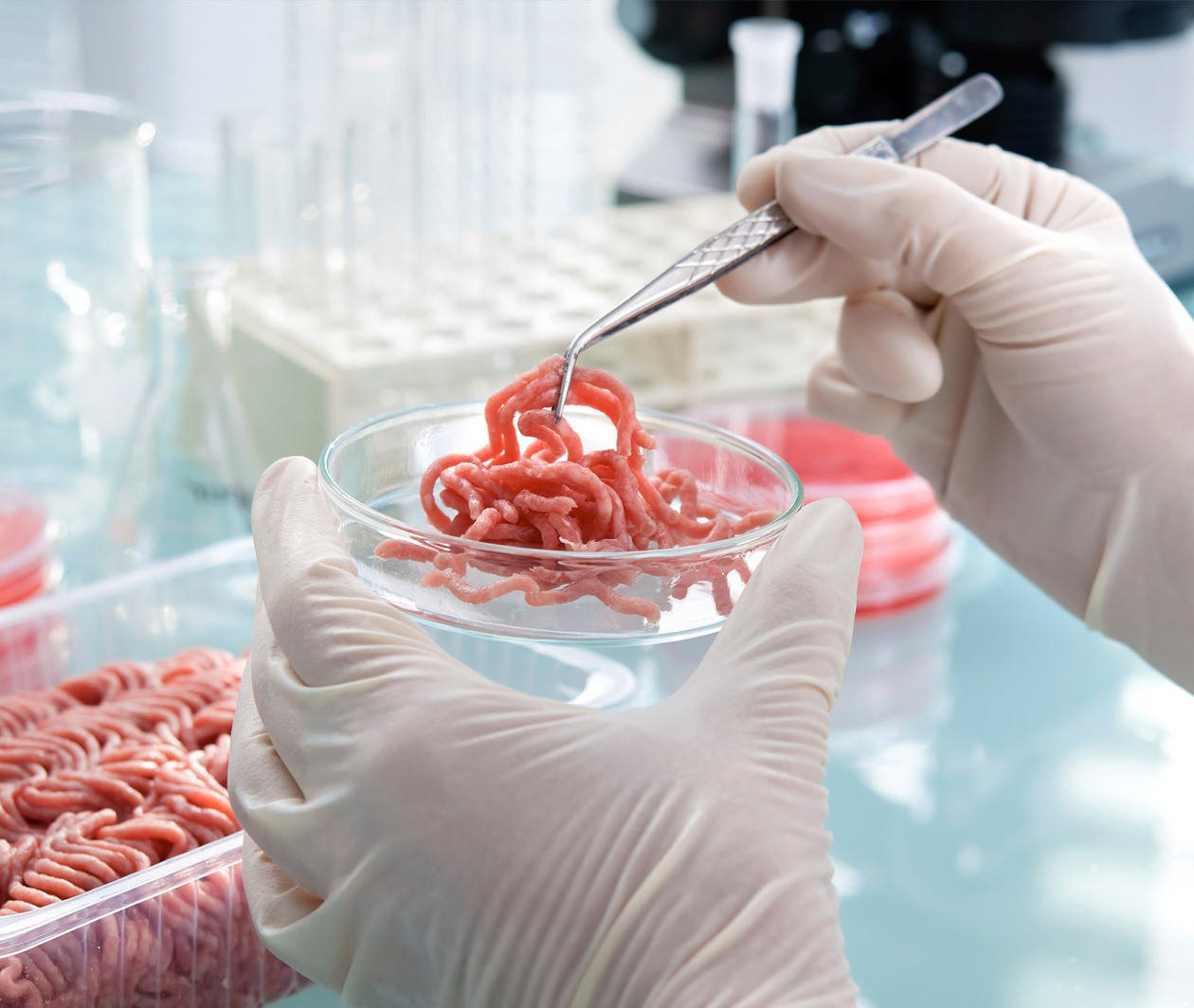An introduction to modern analytical science techniques and how they can be used to uncover food fraud.

Duration
4 weeksWeekly study
2 hours
Identifying Food Fraud
The food industry is one of the most important commercial sectors in the world. Everyone uses it, but how many people abuse it? As we witness the increasing globalisation of the supply chain, a growing challenge is verifying the questionable identity of raw materials in the food we eat.
In this course we will look at topical issues concerning ‘food fraud’ and explore ways in which analytical chemistry can help in its identification and prevention. We’ll share fascinating examples, such as the history of white bread and a surprising ingredient once found in bitter beer.
The University of East Anglia has joined forces with the world-renowned Institute of Food Research (IFR) to bring you this unique course. You’ll be led by Kate Kemsley, a specialist in the use of advanced instrumentation for measuring the chemical composition of food materials. Course content is linked with UEA’s MChem postgraduate programme, which supports final-year students’ practical research projects in this area of science.
Where could this course take me?
If you are planning to study Chemistry at college or university - this course will give you an essential overview of some instrumental techniques that you are likely to encounter. This includes exploration of infrared technology, NMR and mass spectrometry; important areas of Chemistry for A-Level students to grasp.
This course is also designed to support the professional development of those currently working in the food industry, who want to delve deeper into the methods analytical chemists take in the measurements of food materials and ingredients. It will act as the perfect refresher for your current knowledge base, as you can interact online with thousands of individuals working in the food sector today.
What and how will I learn?
You’ll acquire knowledge and understanding of infrared technology, NMR and mass spectrometry with practical examples linked to current standards and issues in the food sector. You will gain a global perspective of the value of chemistry in this area and learn from analytical chemists in action.
By enjoying a balance of theory and practical applications, students learn directly from academics at the University of East Anglia and scientists from the Institute of Food Research, with a brilliant chance to network throughout the duration of the course.
When would you like to start?
Start straight away and join a global classroom of learners. If the course hasn’t started yet you’ll see the future date listed below.
Available now
Learning on this course
On every step of the course you can meet other learners, share your ideas and join in with active discussions in the comments.
Who is the course for?
No formal qualifications, just an interest in food fraud and a basic understanding of chemistry.
What do people say about this course?
"Thanks for sharing your knowledge. It was very interesting for me to learn about all those techniques. One of my teachers from University asked me to do a project about what I learned here."
"I have always had a passion for food but now understanding the process behind checking the various food stuff has been enlightening and most enjoyable. Sad that the journey in this particular pathway has come to an end. Thank you for making the information so clear, I hope you will consider making more in the future. I am off to the Biochemistry course now."
Who will you learn with?
I head up the Analytical Sciences Unit at the Institute of Food Research in Norwich. For more on my team's work, visit http://asu.ifr.ac.uk/.
Learning on FutureLearn
Your learning, your rules
- Courses are split into weeks, activities, and steps to help you keep track of your learning
- Learn through a mix of bite-sized videos, long- and short-form articles, audio, and practical activities
- Stay motivated by using the Progress page to keep track of your step completion and assessment scores
Join a global classroom
- Experience the power of social learning, and get inspired by an international network of learners
- Share ideas with your peers and course educators on every step of the course
- Join the conversation by reading, @ing, liking, bookmarking, and replying to comments from others
Map your progress
- As you work through the course, use notifications and the Progress page to guide your learning
- Whenever you’re ready, mark each step as complete, you’re in control
Want to know more about learning on FutureLearn? Using FutureLearn
Learner reviews
Learner reviews cannot be loaded due to your cookie settings. Please and refresh the page to view this content.
Get a taste of this course
Find out what this course is like by previewing some of the course steps before you join:
Do you know someone who'd love this course? Tell them about it...
You can use the hashtag #FLfoodfraud to talk about this course on social media.
More courses you might like
Learners who joined this course have also enjoyed these courses.
Browse more in Science, Engineering & Maths and Nature & Environment

